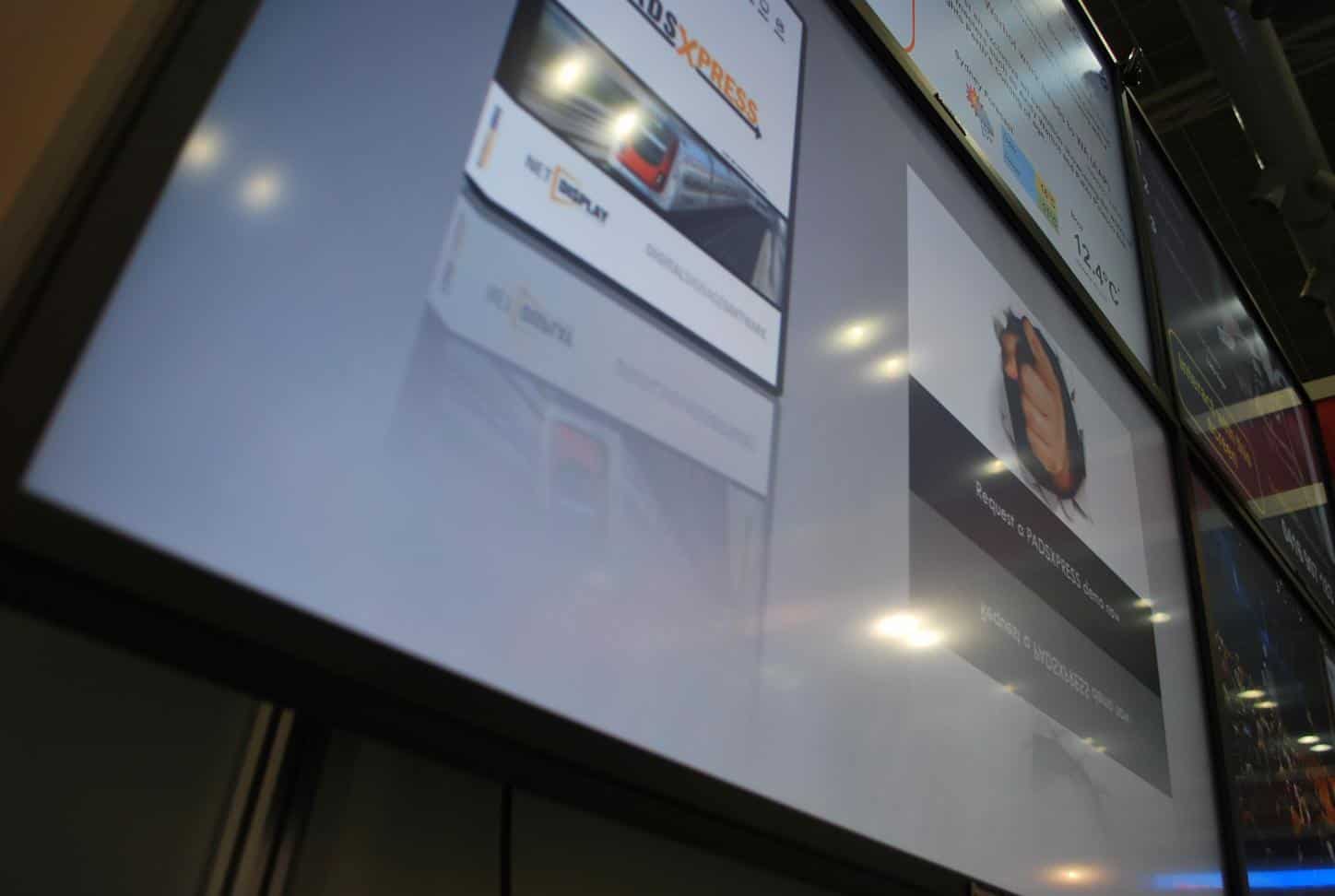News
Commercial vs Retail screens

I always get disappointed and frustrated when I see a residential screen installed in a retail store or restaurant. But more importantly I always wonder whether the store owner had any idea of what they were getting themselves into when they decided to purchase a residential screen (yes… it’s obviously cheaper!!!) but can you really use it in a commercial environment?
What most people don’t know is that if a residential screen is installed in a commercial environment the warranty may become void. So check the warranty before installing residential screens. Another big difference between Commercial and Residential Screens is that most commercial grade screens do not have internal TV tuner cards – you’ll generally need to purchase this as an additional module or item. What I find most interesting is that most restaurants with screens just display live TV rather than promote their products or menu items. This could be a reason why these types of businesses would want to use retail screens or maybe they don’t realise what they can use this real estate for.
As I mentioned before retail screens are cheaper. Most businesses use price to make their final purchasing decision so when submitting your next proposal keep in mind that your competitor’s prices could be cheaper than yours. Commercial screens are designed to be left on for long periods of time and will last longer.
I also believe there is a myth that using retails screens means you can install the screen yourself and that for commercial screens you need a skilled and professional installer. Both are equally the same and if you can install a retail screen then you will most likely be able to install a commercial screen but we highly recommend you have a skilled professional install the screens.
LIKE WHAT YOU'VE READ?
When you subscribe you will also join other Digital Signage readers who receive our content right in their mailbox. Good luck!







Unfortunately, we haven’t tried rear projection film – there’s hasn’t been a demand from our customers.
1-” if a residential screen is installed in a commercial environment the warranty may become void”
How the repair service will know exactly how the screen was used?
2- “Commercial screens are designed to be left on for long periods of time and will last longer.”
15 consumer screens installed (well known brands). All working 14 hours a day for 4 years, connected to PCs.
Any of them have failed. If any of them fails in the future, no problem. It was already amortizated long time ago, since it is cheap and worked for several years.
There is no clear justification to buy a industrial screen, paying more than a double price.
The price difference is based just in marketing reasons. Since companies can pay more than consumers, so the companies have to pay more. Thats all.
The same happens with many other products and services. For example DSL Internet providers charge a lot more to company or a business than to a home consumer, for the same Internet service speed.
I guess it comes down on the following:
– maintenance agreement with the client. If you have back to base warranty and its a large screen then having to bring this to the repair centre can become costly. I.e using two resources to take down the unit and then delivering the screen to the nearest repair centre. If you had onsite repair which is covered by warranty then the better but whichever way you look at it, it does come down to money.
– professionalism and reputation. Depending on the size of your company and your client, would you want to have the reputation of install consumer screens?
Wow that’s an impressive record. Out of curiosity do you leave the screens on for 7 days?
I also agree with you that there is some marketing ploy to get businesses to pay more – at the end of the day businesses don’t have to pay for tax (gst) and can claim it as a business expense.